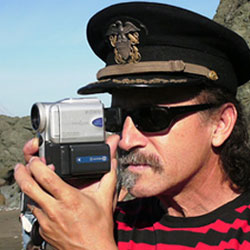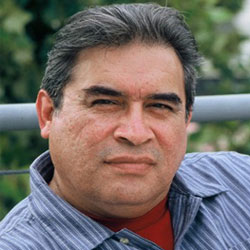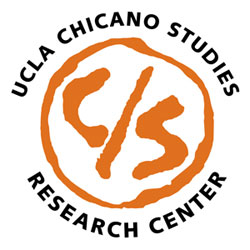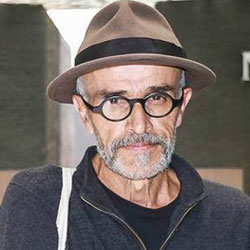Gustavo Vazquez
Gustavo Vazquez, originally from Tijuana and currently residing in San Francisco, is an independent filmmaker who has directed over thirty productions, including documentaries, video installations, and dramas. Gustavo Vazquez’s research interest explores cross-cultural visual studies and video design. Vazquez’s interest in border issues and identity has led to a series of independent and collaborative works. […]








